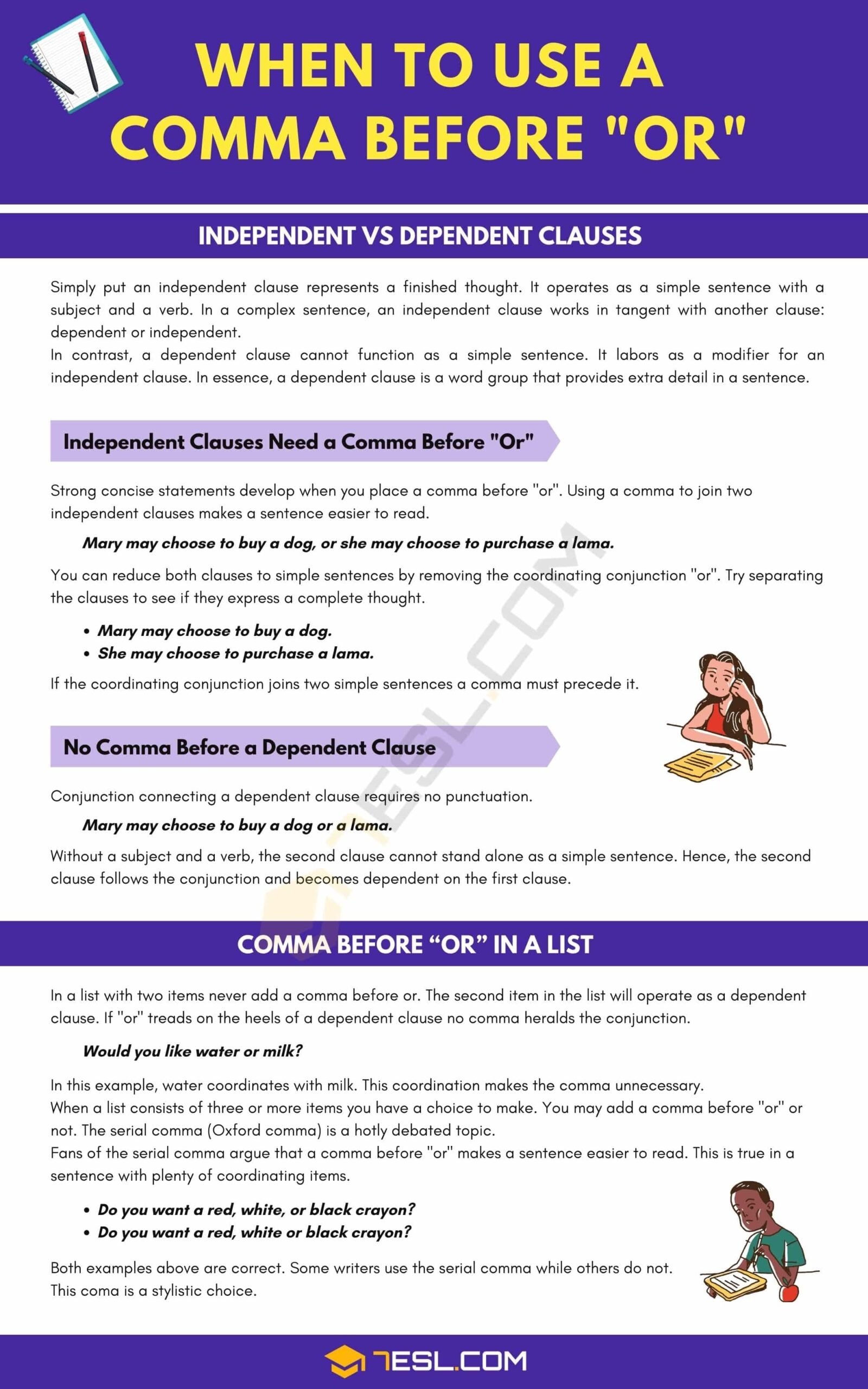When it comes to using commas in English grammar, there are certain rules and guidelines that need to be followed. One common area of confusion is whether or not to use a comma before the conjunctions “but” or “not.” This article will explore this topic and provide some clarity on when to use a comma in these situations.
It is important to understand the purpose of a comma in a sentence. Commas are used to separate items in a list, set off introductory phrases, and indicate a pause in a sentence. When it comes to using a comma before “but” or “not,” the decision depends on the structure of the sentence and the relationship between the clauses.
Comma Before “But” or “Not”
When the clauses on either side of “but” or “not” are independent clauses, meaning they can stand alone as separate sentences, a comma is typically used before the conjunction. For example, “She wanted to go to the beach, but it started raining.” In this sentence, “She wanted to go to the beach” and “it started raining” are independent clauses, so a comma is used before “but.”
On the other hand, if the clauses on either side of “but” or “not” are not independent clauses, a comma is not necessary. For example, “She wanted to go to the beach but decided to stay home instead.” In this sentence, “She wanted to go to the beach” and “decided to stay home instead” are not independent clauses, so no comma is needed before “but.”
It is also important to consider the flow and readability of the sentence when deciding whether to use a comma before “but” or “not.” If a pause is needed for clarity or emphasis, a comma may be appropriate. However, if the sentence flows smoothly without a comma, it may be best to omit it.
In conclusion, the use of a comma before “but” or “not” depends on the structure of the sentence and the relationship between the clauses. When in doubt, consider whether the clauses are independent or not, and whether a pause is needed for clarity. By following these guidelines, you can ensure that your writing is clear, concise, and grammatically correct.
